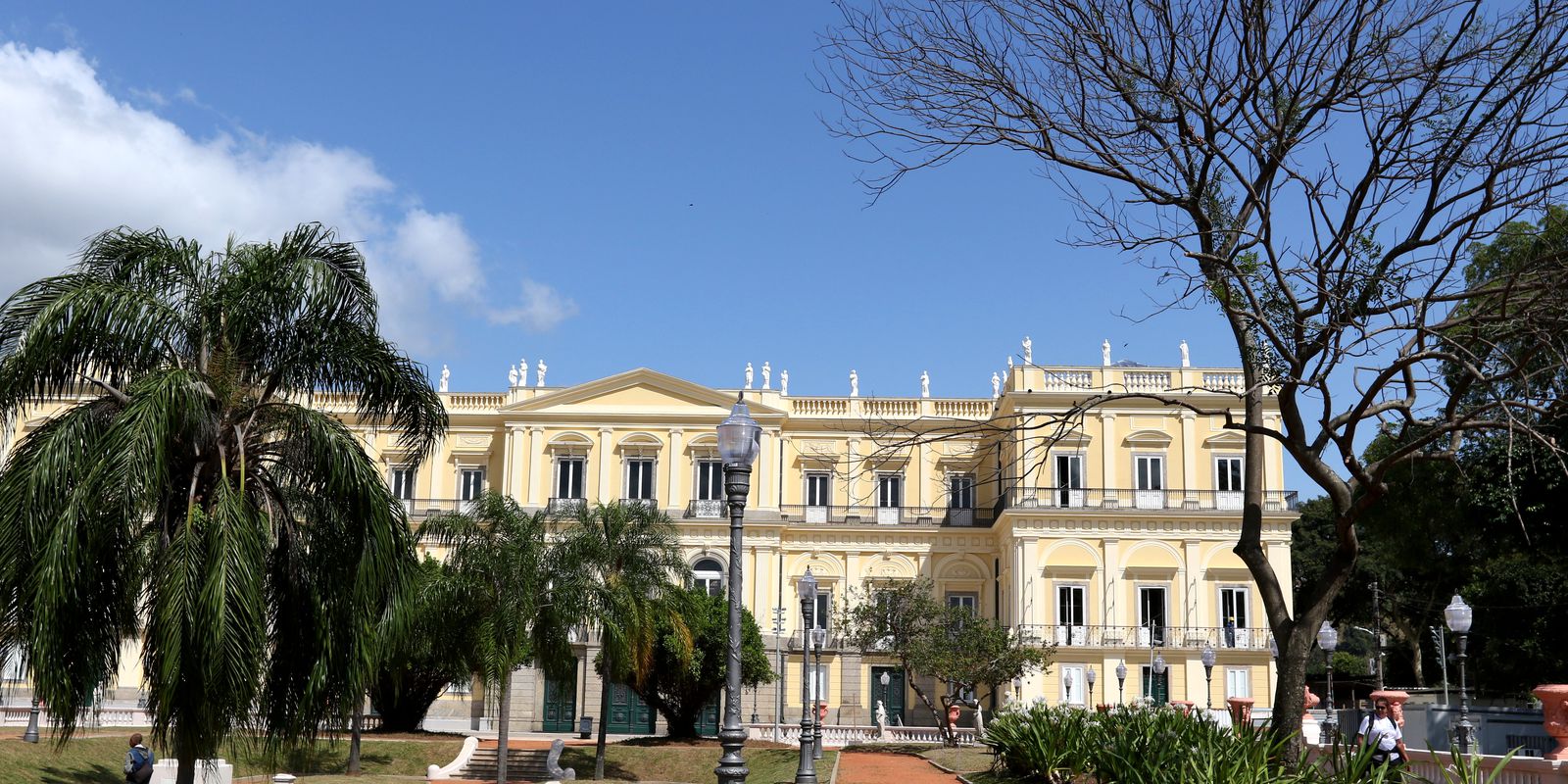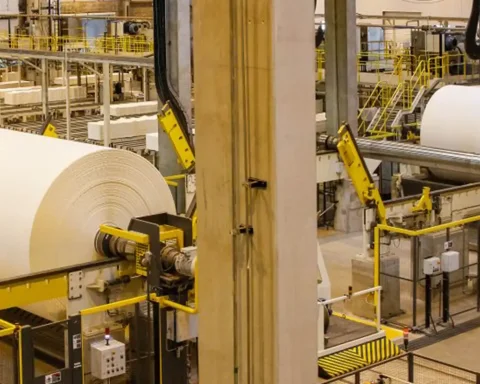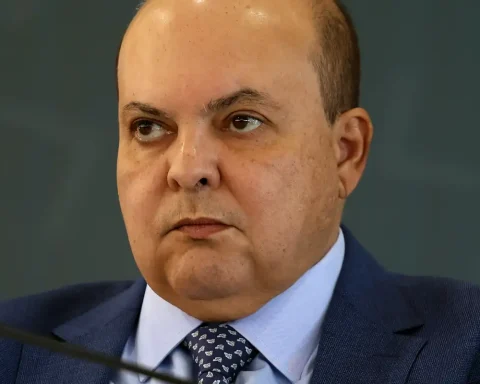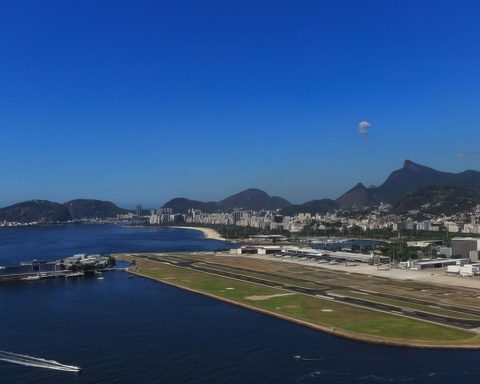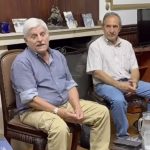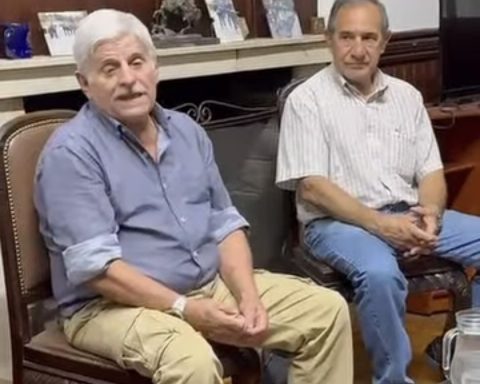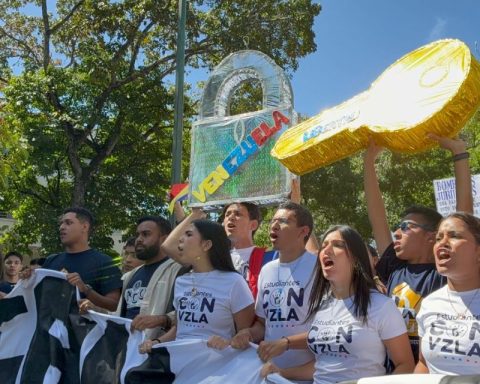The president of the Brazilian Institute of Museums (Ibram), Pedro Mastrobuono, said that visits to museums in Brazil reached, before the pandemic, almost 26 million Brazilians, not tourists. According to him, this shows a very vigorous universe. “The reality out there is different, European museums are often frequented by tourists. Not here. It is our population that consumes, which is eager for it, a great privilege”, highlighted Mastrobuono, the interviewee this Sunday (11 ) from the program Brazil on agendagives TV Brazilwhich will air at 10:30 pm.
For him, the museum is a place where knowledge is expanded, the awareness of identity is deepened, the tangible and intangible heritage of humanity is conserved, communicated and exhibited. In Brazil, there are almost 4 thousand museums. “Brazil has a very strong museum field, and people are not aware of this. There are very few countries in the world that have specific legislation for the sector, in addition to a federal body destined to make public policy in the area. This is a rarity in the world, and Brazil has it.
In the interview, Mastrobuono also talks about facing building and property risk and the institute’s measures in the face of this challenge. “What needs to be clarified is that our museums are often located in buildings whose building identity is centuries old, they are very old buildings – 150, some 200 years old – and that were never designed to be museums. In 2019, of the 30 large museums we manage, only two had a Fire Department permit, it was a very big difficulty to reconcile the granting of this permit, which is state, with the protection of the building’s heritage identity, which is federal. We managed to advance a lot, today there are 11. And we have 24 protection and firefighting plans already approved in both instances, at Iphan [Instituto do Patrimônio Histórico e Artístico Nacional] and in the Fire Department of each of these states”, explained the president of Ibram, adding that “Brazilian society sees in the firemen’s license the certification that the building and the population that frequents it are safe”.
In addition to the challenges of asset management, Ibram has also been working on adapting museums to the digital age, especially in the post-pandemic period. “The pandemic was a great watershed, before we had a very dry page, and the person who visited it did not get great experiences. Not today, the population is eager to enjoy cultural enjoyment digitally, to have a real experience in this universe. This demands a series of initiatives: we already have a large part of our heritage digitized, agreements with universities to develop products, the metaverse is a reality that is here to stay and that brings an infinity of possibilities”, stated Mastrobuono.
The president of Ibram addressed the impacts of culture on society and the importance of preserving national memory and identity. “The creative economy in Brazil is 4% of our Gross Domestic Product, the GDP. This, above all, serves as psychological support, [consumir arte] it works almost like an antidepressant, it is a stimulus and we feel it. For example, Asian countries today have a very strong industry, there is a huge range of Korean series, and what is that? It’s the Korean people seeing themselves in their traditions. This is the rescue of an identity and identity is not just a feeling of belonging, but the expectation of a collective future, people hope to be protected by the society in which they are inserted. Without the culture, this fabric is torn apart and people feel abandoned”, she concluded.
Check out the full interview at TV Brazil this Sunday (11), at 22:30. Click here and learn how to tune in.
